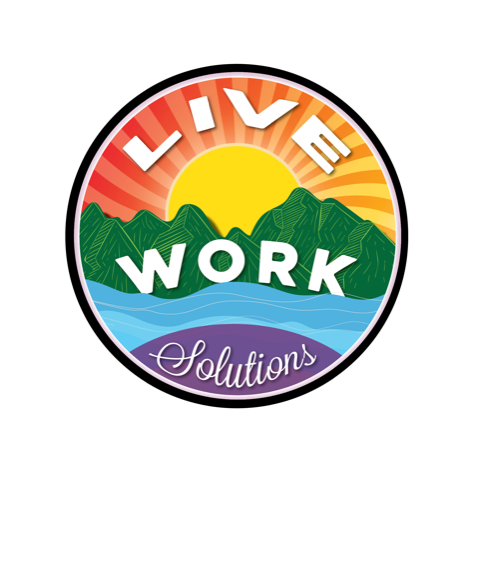Vanquish Perfectionism: Measuring yourself by an impossible standard is a setup for failure. Research shows that negative motivation only backfires. Instead, try talking to yourself as you would your best friend. Buying into the idea of a “perfect parent” prevents you from being your best.
Let Some Standards Slide: Yes, the children haven’t bathed in days. Yes, mac n’ cheese with frozen peas for dinner again. And, yes, screen time standards might slide. This is not a time to train for the gold in the parenting Olympics, we are all managing the best we can and that is good enough. I know supporting evidence is always welcome, so I offer a takeaway, from “The Economist’s Guide to Parenting”, Freakonomics podcast episode 39. Bryon Caplan, author of Selfish Reasons to Have More Kids: Why Being a Parent Is Less Work and More Fun Than You Think, was asked about TV time for children and his comment has soothed & amused my parenting soul for a decade, “People call them electronic babysitters as if it’s a bad thing. But babysitters are good, and nothing wrong with being electronic.” I also appreciated getting an email from The New York Times Parenting section entitled, “Throw Away One Worry This Week” and I think that’s great homework.
Self-Compassion: Especially during times of external crisis, it is easy to discount your own feelings as unworthy of attention. After all, how can you indulge in petty disappointments when so many are scared and sick. I am here to tell you that you must honor your own tiny corner of horror and go into these feelings before you can come out the other side. The child in you needs to be heard, before the adult can take the reins. Be honest with where you are right now. Journal. If you’ve never had a journaling practice, see my resources page for practical tips. Call a friend and take turns laying down your burdens. Coach yourself, using emotional distancing (see the Happiness Lab podcast link at the bottom of this entry). For a great resource on teaching yourself self-compassion, check out Kristin Neff’s Self-Compassion Workbook.
Find Time for Romance: I can hear you laughing out there. I know that the quarantine breeds toxic doses of togetherness and this might be the last thing you’re thinking about. However, assuming your co-parent is your live-in life partner, don’t shirk on sustaining that relationship. Set your bar low, but meet it. If you have to search dusty memory banks of when you and your partner once had time and energy to be intimate, perhaps your bonding time will be you two sitting on the couch together reminiscing about when you once had time and energy to be intimate. That’s a start. Physical intimacy during the at-home parenting years can feel woefully scheduled and somewhat artificially manufactured, like using a grow-light on a timer for your indoor plants. However you may grieve your wild days, while you’re a potted, find your photosynthesis. The parental connection is integral to familial happiness. With all the work and sacrifices you make for your family, perhaps this can be the most mutually enjoyable one.
Control the Media: Just as you wouldn't stream CNN while kids are around, be mindful of how media affects your own stress level. Before checking-in with social, or news media, ask yourself, "what do I need right now?" Moderate frequency & curate messaging, i.e. for every visit to NYTimes.com, scroll through GoodNewsNetwork.org. Or, try matching an hour of NPR, with a positive podcast like The Happiness Lab, or Untangle.
PLAY: Find your flow. Play your way & watch your child join-in. Enjoy building? Dump a bunch of blocks on the floor & get started. Visual arts? Cover the table with newspaper & create. Like music? Grab some instruments, or just wooden spoons & pans and jam! Does your child insist on playing with toy cars and you’re more of a dollhouse gal? You’d be surprised at how well your child responds to a bunch of vehicles talking and going on adventures (Thomas the Tank Engine anyone?). Your play doesn't always have to be dictated by your little dictator. Remember, the toy someone else is playing with is always most desirable. Use that to your advantage & watch as your child joins in on your fun.
Finally, watch our original movie about connecting with your child (& your inner child) through play.
Get Help: There are early childhood experts out there who want to help. Two clinical social workers in Maryland have created this helpful e-book entitled, “I Have a Question about Coronavirus” which guides you through the an age-appropriate Q&A. You can purchase it, or download it for free HERE. Ever helpful, Sesame Street also created a PDF cheat sheet entitled, “Talking to Children about COVID-19” which you can download for free HERE. I am also here, working remotely. I am offering a free 15 minute consultation to any new client. You can schedule that call HERE. For tips on how to keep kids connected during the mandatory social distancing, click HERE for a video clip, or read our next blog post. For an overview on online therapy and for affordable options, Consumer Advocates have created a good guide to what to look for and what to expect.
Motherly magazine recently ran this article, with my permission, for their Home>Life series. I adjusted it a bit for the online magazine. Which version do you prefer? Here’s theirs: How to stop being hard on yourself as a parent

